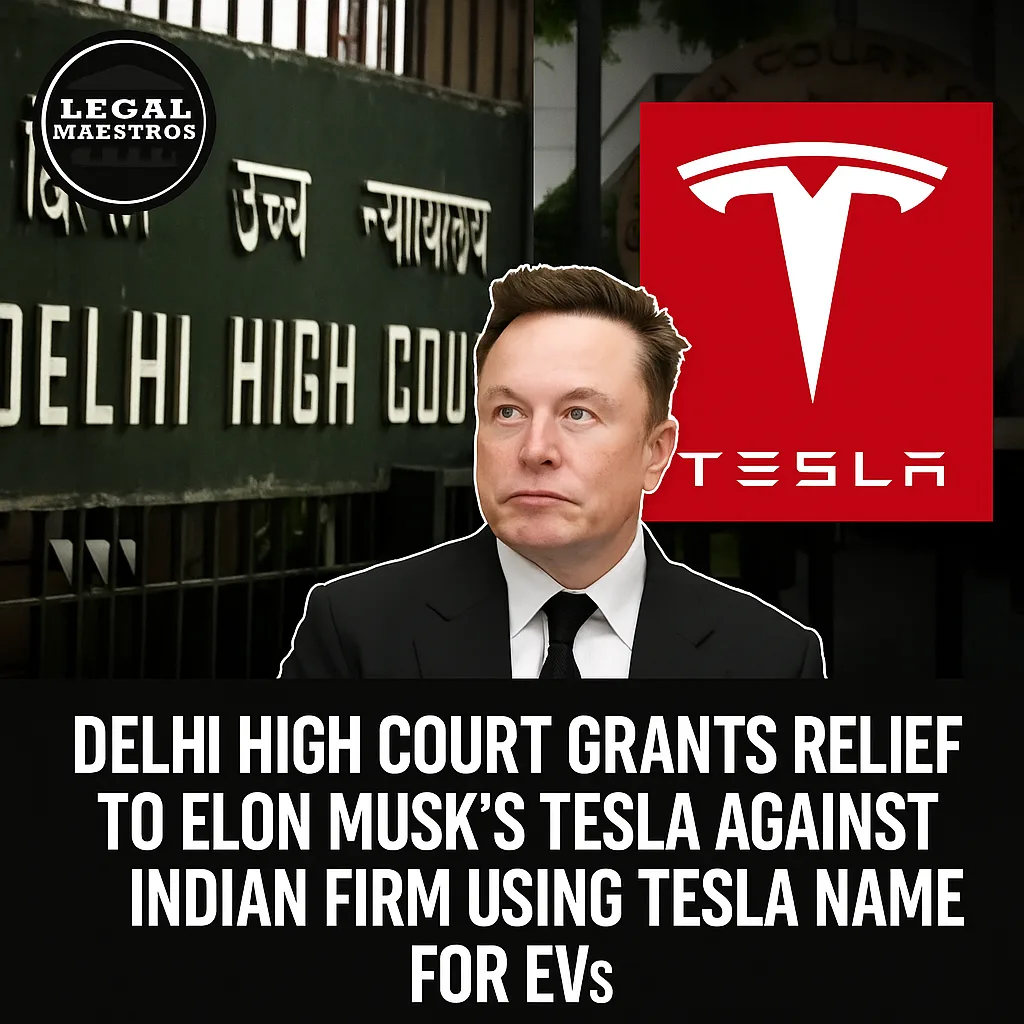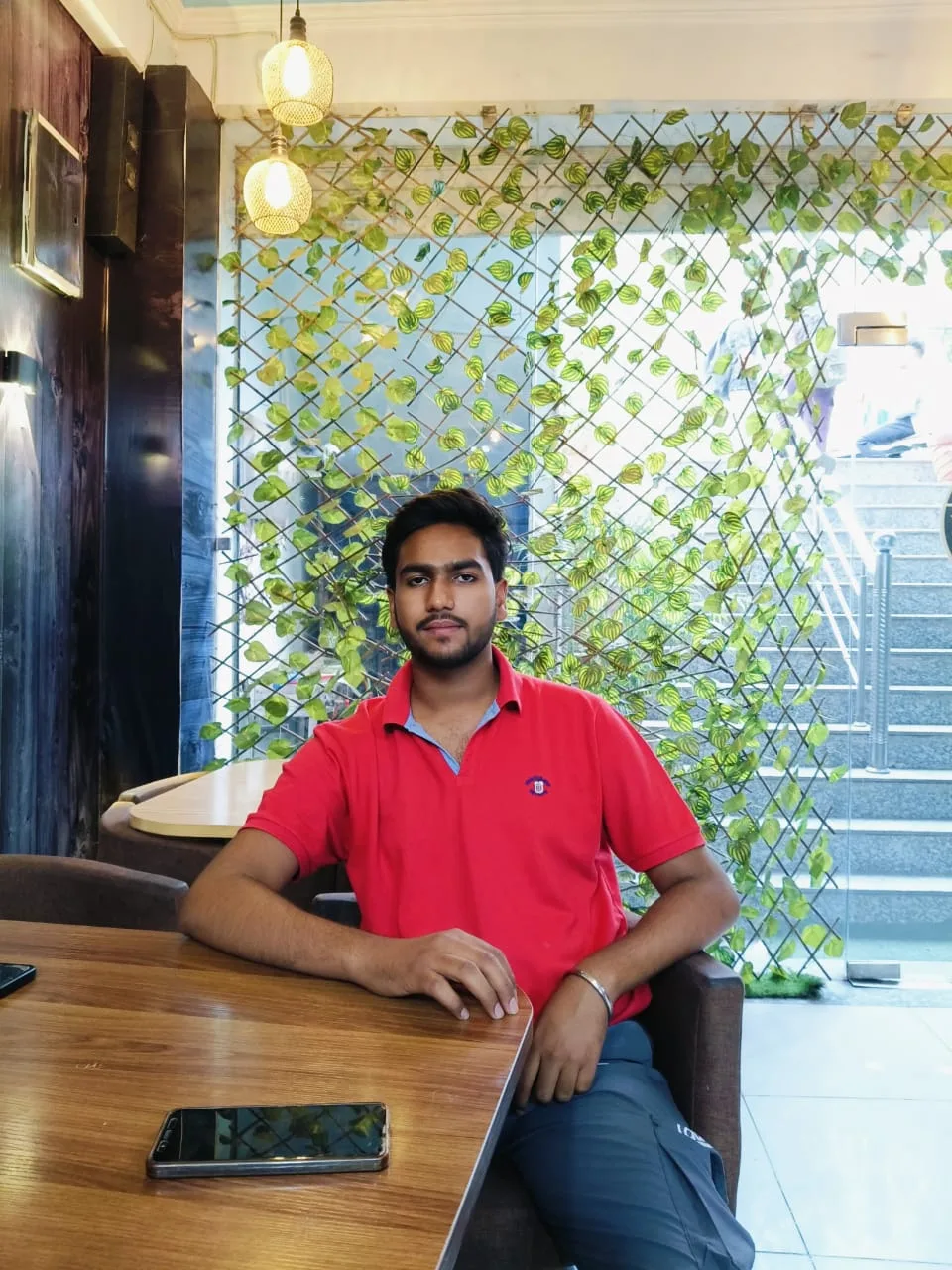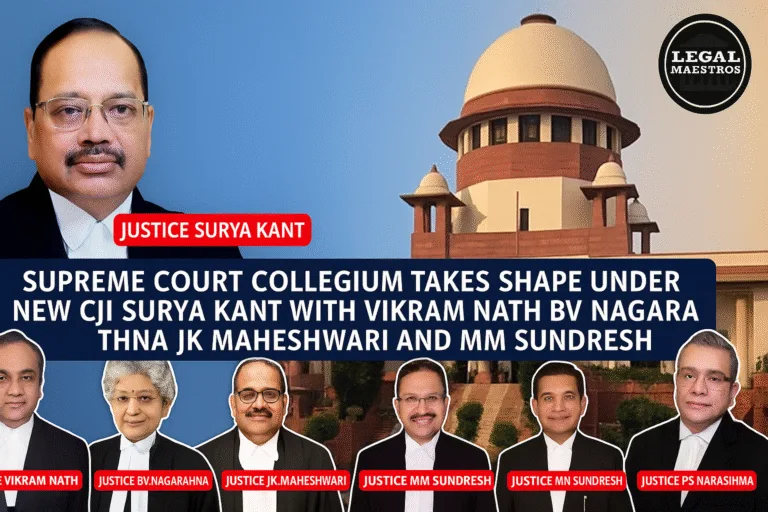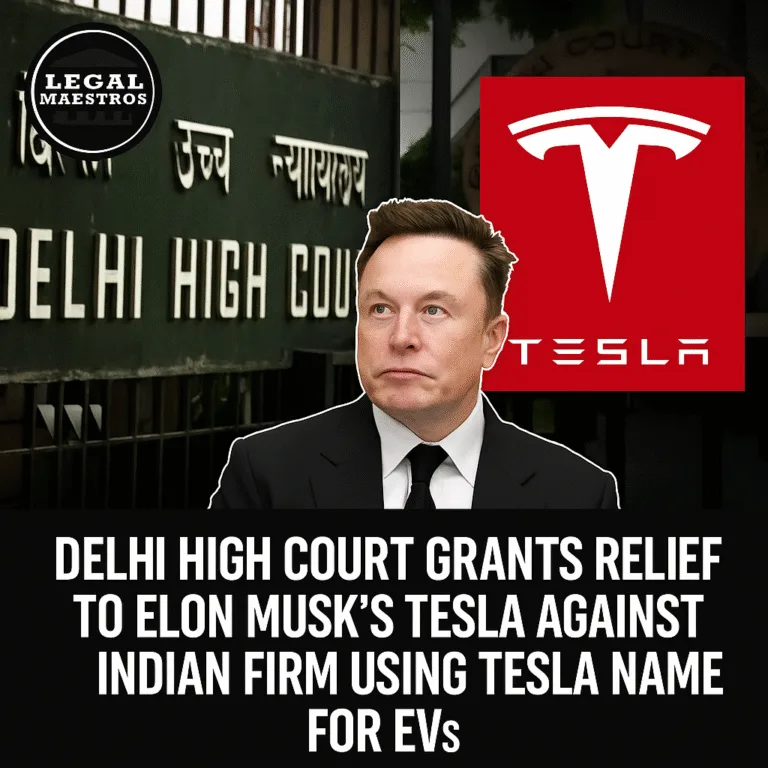
Delhi High Court Grants Relief to Elon Musk's Tesla Against Indian Firm Using Tesla Name for EVs
One of the greatest legal wins of Elon Musk in India.
Tesla Inc., the electric vehicle giant owned by Elon Musk, has received much-needed relief in a major move towards the international intellectual property rights in India by the Delhi High Court. A stringent injunction has been imposed by the court against an Indian firm, Tesla Power India Pvt. Ltd. that is prohibited to adopt the name Tesla as its trademark. This decision is given out following a controversial court case, which even has not gone unnoticed by both corporate legal professionals and brand strategists. The move is a milestone to Tesla Inc. as it still embarks on the acquisition of the lucrative Indian market, so that its brand identity is not watered down by the local players who are trying to tap into its international fame.
The case revolved around the name Tesla Power that the Gurugram-based company used in naming its battery and energy product. Tesla Inc. claimed that the branding of the Indian company was misleadingly similar to its own which created a great confusion to the consumers. The intervention of the court itself is a great indication that the Indian legal system is healthy in safeguarding well-established international trademarks, which is a factor that is often vital when it comes to attracting foreign investment and multinational corporations to conduct business in the country.
The Gist of the Controversy: Misunderstanding and Dilution of the Brand.
The main complaint submitted by the Tesla Inc. company was that Tesla Power India was deceiving consumers by adopting a trade name similar to the name of the company which is virtually the same. Tesla Inc., which enjoys recognition all over the globe due to its electric vehicles and clean energy products argued that the Indian company was grabbing a ride on its coattails. The American giant provided a case, in which they accused consumers of buying the lead-acid batteries and inverters of an Indian company in falsely thinking that it was part of the innovative technology empire of Elon Musk.
For any queries or to publish an article or post or advertisement on our platform, do call at +91 6377460764 or email us at contact@legalmaestros.com.
Tesla Inc. made it clear that it shares a trans-border reputation, meaning that the company brand is well known in India even prior to its penetration in the country, when it comes to products. The Indian company was apparently weakening this brand equity by applying the Tesla name. The court also paid attention to pleas that the issue of complaints about the quality of the batteries labeled as Tesla Power was being channeled to Tesla Inc. which further served to establish the fact that the people were indeed lost. One of the main pillars of the lawsuit was this passing off, a legal term that would be used to describe the situation in which one party attempts to pass on his/her goods as the goods of another.
Between Mediation Failure and Court Juries.
To this ruling was by no easy way. At the very beginning, the Delhi high court had sent the two sides to mediation in the hope that they could settle amicably. Mediation refers to the process through which a neutral third party assists the disputing parties to arrive at a compromise without necessarily trying them. These negotiations are however said to have not reached an outcome. Tesla Power India insisted that it was not intending to produce electric vehicles (EVs) but its operations were limited to lead-acid batteries of conventional vehicles and inverters.
Irrespective of these promises, Tesla Inc. generated pieces of evidence that the Indian company had been promoting e-scooters and other related products to the Tesla brand. The American firm indicated that although the company may have stated that they were selling batteries alone, their marketing communications and alliances (including with a company called e-Ashwa) indicated an extended venture into the EV market under the Tesla brand name. After the collapse of mediation discussions, the court ruled to take the issue to the merits and this caused the present interim injunction.
Strict Order of Justice Tejas Karia.
The unanimous decision by the single-judge bench was to provide an explicit and extensive restraining order that was delivered by Justice Tejas Karia. The court has prohibited Tesla Power India to make use of Tesla Inc. registered trademarks, logos or any device mark that resembles the branding of the US company. This prohibition is far-reach, not only the production of goods but also the advertisement, solicitation of business and promotion in the internet.
In particular, the order prohibits the Indian company to use the Tesla name in connection to a broad range of products. These comprise batteries of all forms of vehicles, automotive UPS systems, inverters, and solar hybrid batteries. The judge observed that the Indian company had used the mark even after undertaking earlier, and sending cease and desist, notifications to the Tesla Inc. firm, which led to this judicial intervention, to avoid further infringement of the statutory rights of the Tesla Inc. firm. The court acknowledged that letting the Indian company to move on would result in irreparable loss to the world EV manufacturer.
The Defense: Tesla Power and Battery Business.
Tesla Power India attempted to justify itself with the help of the distinction between their products and the one provided by the company of Elon Musk throughout the proceedings. They claimed that Tesla is a generic name, which has long been used as the name of the inventor, Nikola Tesla, and no individual company should own a monopoly on it. They also argued that their main business was not chemically similar i.e. they dealt in lead-acid batteries and not in the sophisticated lithium-ion technology that Tesla Inc. has come to be associated with.
The company that is based in Gurugram also indicated that they have a large number of customers and they have been in operation over the years. They begged that instant injunction would upset their business in the country and damage their association of dealers. But the court also determined that the evidentness in the names and the similarity between the automotive and energy industry were too high that the potential of confusion could not be overlooked. The Indian company had confessed to selling branded e-scooters in the past, which undercut their defense greatly.
Conclusions about the Indian EV Market.
This decision has a wider effect on the Indian market of electric vehicles that is at an infancy phase, yet at a fast pace of growing. Intellectual property protection is a gatekeeper problem as international competitors such as Tesla Inc. are ready to become part of the local market. When it was opened to local players to use the same or closer name it would create a chaotic market place where consumers would not be able to differentiate between the real global technology and the imitations of the local ones.





